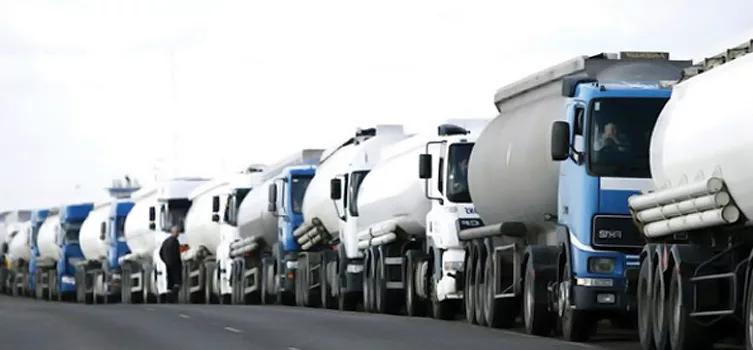In a landmark policy shift, the Federal Government of Nigeria has granted petroleum marketers the authority to purchase petroleum products directly from local refineries, including the Dangote Refinery, bypassing the Nigerian National Petroleum Corporation Limited (NNPCL). This decision was announced on Friday, October 11, 2024, by Wale Edun, the Minister of Finance and Chairman of the Naira-Crude Sale Implementation Committee.
The committee, which met on Thursday, October 10, reviewed the progress of the Crude Oil and Refined Products Sales in Naira initiative and concluded that allowing marketers to engage directly with refineries will promote a more competitive market, enabling smoother distribution of petroleum products across Nigeria.
The policy statement, shared with 9am News, outlined the new framework under which marketers can bypass NNPCL in purchasing Premium Motor Spirit (PMS). “This direct purchasing mechanism allows marketers to negotiate commercial terms directly with the refineries, fostering a more competitive market environment and enabling a smoother supply chain for petroleum products,” the statement read.
A Major Step Towards Deregulation
This policy marks a significant step in Nigeria’s ongoing petroleum industry deregulation efforts. In September 2024, NNPCL revealed that it had been purchasing petrol from the Dangote Refinery at N898 per liter while selling it to marketers at N765 per liter. The corporation was absorbing a subsidy of N133 per liter, a scheme that NNPCL recently declared unsustainable.
With the introduction of the new policy, NNPCL will no longer act as the sole buyer of refined petroleum from the Dangote Refinery, ending a monopoly that had been in place since the refinery launched operations. The withdrawal of the N133 subsidy also contributed to a petrol price increase last week, with NNPC filling stations selling at N1,000 per liter as part of the government’s gradual subsidy removal process.
Implications for the Market
The removal of NNPCL as the sole intermediary between refineries and marketers allows for more direct commercial negotiations and could lead to better pricing and supply options for marketers. It also aligns with the broader goals of Nigeria’s deregulation agenda, aiming to increase competition, improve efficiency, and stabilize the petroleum market.
The policy shift is expected to create a more resilient and self-sustaining fuel market, reduce the federal government’s financial burden, and ensure a steady supply of petroleum products across the country. However, the transition may cause short-term price fluctuations as the market adjusts to the new system.
As Nigeria continues to navigate its subsidy removal process, this latest policy change highlights the government’s commitment to reforming the petroleum sector and fostering a more competitive environment that benefits both marketers and consumers.
Stay tuned to 9am News Nigeria for more Breaking News, Finance News, Sports updates And Entertainment Gists.
















